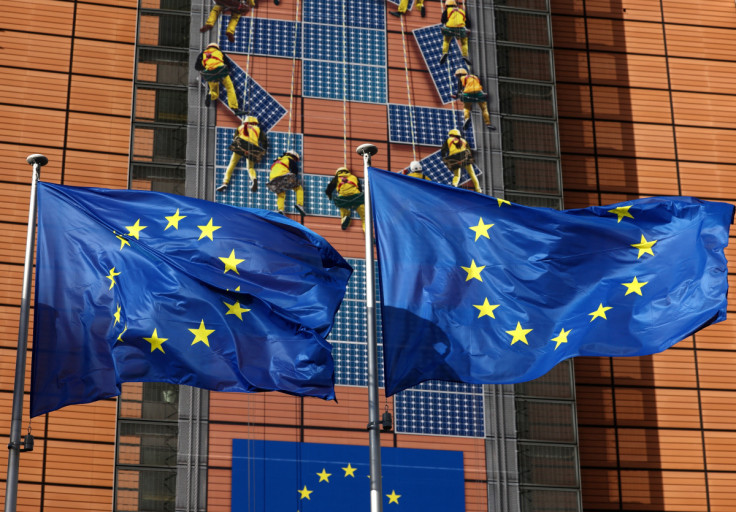EU lawmakers agree to tougher rules on targeted political ads
EU lawmakers on Thursday agreed to tougher rules on targeted political advertising aimed at countering misinformation during elections, drawing support from Google's YouTube and civil rights activists and concerns from a tech lobbying group.

EU lawmakers on Thursday agreed to tougher rules on targeted political advertising aimed at countering misinformation during elections, drawing support from Google's YouTube and civil rights activists and concerns from a tech lobbying group.
The draft rules proposed by the European Commission last year are part of the EU move to curb the power of Alphabet's Google, Meta Platforms and other social media giants, and force them to be more accountable and transparent.
The rules require U.S. tech giants to provide more data on their targeted political ads, with fines up to 4% of their global turnover for breaches.
EU lawmakers toughened up some of the provisions in the Commission's draft and will now have to thrash out details with EU countries before the proposed regulation can become legislation.
"Only personal data explicitly provided for online political advertising can be used by advert providers," the European Parliament said
"Micro-targeting, a strategy that uses consumer data and demographics to identify the interests of specific individuals, will therefore not be possible."
Lawmakers also backed a blanket ban on using minors' data and a ban on non-EU based entities from financing political advertisements in the EU.
They proposed setting up an online repository for all online political ads and related data, and the possibility of periodic penalties for repeated violations. They also proposed that large advertisement service providers be required to suspend their services for 15 days with particular clients over systemic infringements.
YouTube gave a thumbs-up to the lawmakers' proposals against EU countries' much broader remit.
"By focusing new rules on ads and paid-for content, we think the Parliament has reached a position that removes the worrying unintended consequence of limiting political speech online," David Wheeldon, head of government affairs and public policy at YouTube, EMEA.
"The current Council proposals go far beyond ads and paid-for content, and could result in a significant reduction in political content and debate online, impacting creators and viewers," he said.
Tech lobbying group CCIA called for clarity on the definition of political advertisements and proportionate obligations.
Lawmaker and civil rights advocate Patrick Breyer said Parliament was taking a stand against surveillance-based political advertising.
"From the Donald Trump and Brexit campaigns we have learned that you can very effectively and subconsciously manipulate a voter if you know which message works on them," he said.
Copyright Thomson Reuters. All rights reserved.





















